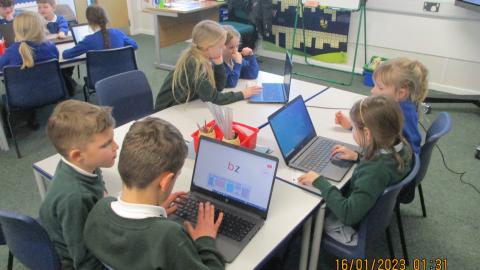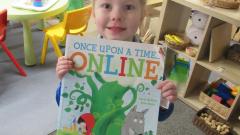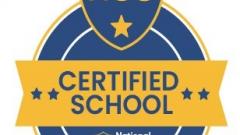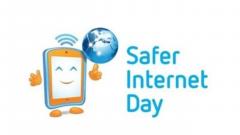“Those who can imagine anything, can create the impossible”
Alan Turing
Intent
Through our computing curriculum, we aim to give our pupils the life-skills that will enable them to embrace and utilise new technology in a socially responsible and safe way, as responsible digital citizens, in order to flourish. We want our pupils to be able to operate in the 21st century workplace and to know the career opportunities that will be open to them if they study computing. We strive for our children to become autonomous, independent users of computing technologies, gaining confidence and enjoyment from their activities. We use technology to support learning across the entire curriculum and to ensure that our curriculum is accessible to every child. Not only do we plan our lessons so that our pupils are digitally literate and competent end-users of technology but, through our computing lessons, we encourage them to develop creativity, resilience, and problem-solving and critical thinking skills, choosing the most appropriate technology and software to solve real world problems.
Implementation
Computing is taught both discretely and through other subjects. Skills taught are widely used to support learning in other subjects. Topics are on a yearly cycle with skills developing across the phases and year groups. Progression across each year group and phase is outlined in the progression document, along with key vocabulary, knowledge, and skills that children will be taught.
Impact
Computing knowledge and skills are assessed by teaching staff throughout a term both in computing lessons and in using and applying skills in other subjects. Computing is reported at the end of each year via each child’s school report. Assessment may be made through observation, talking with children and recorded work. The Computing Subject Lead and the Senior Leadership Team assess impact and teaching through Pupil Voice, learning walks and lesson observations.




